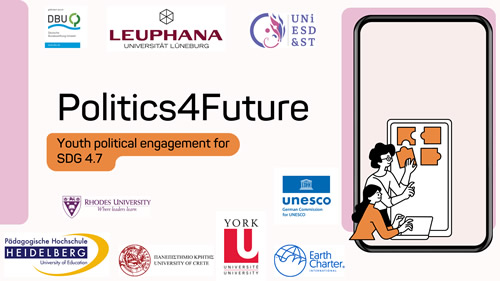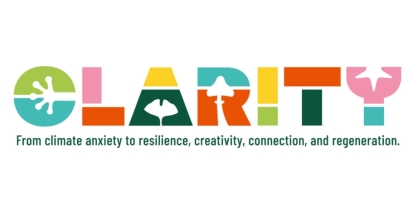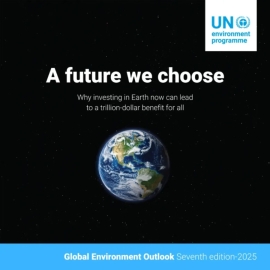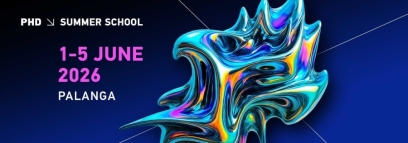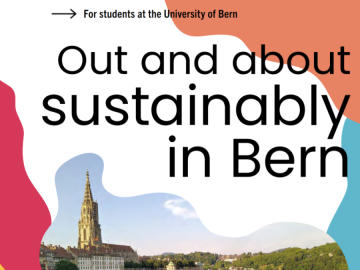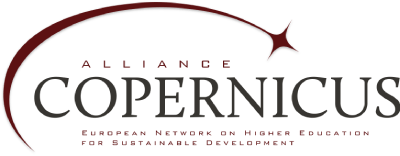Politics4Future is a project aimed at pre-service teachers towards achieving Sustainable Development Goal (SDG) Target 4.7 (ensure that all learners acquire the knowledge and skills needed to promote sustainable development). It is an intercultural hybrid teacher education curriculum developed by a group of universities including Leuphana University Lüneburg. Politics4Future is implemented as part of an existing cooperation between the partners under the newly launched UNESCO Chair network on Education for Sustainable Development and Social Transformation.
With support from the German Federal Foundation for Environment (DBU) and the Youth Forum of the German UNESCO Commission advising on the project, Leuphana University Lüneburg and its partners successfully implemented the pilot run of the course Politics4Future from April to September 2023. Politics4Future aims to build the capacity of youth enrolled as teacher trainees by enhancing the understanding of interconnections between sustainability education, global citizenship and political education, and action competence based on this understanding. It is one of the unique projects aimed to strengthen the role of SDG 4.7 by connecting the conversations and academic discourse on sustainability learning to political learning and youth capacity building.
75 students from six universities (Heidelberg University of Education, University of Crete, Rhodes University, York University, and University for Peace) joined the course. The partner universities contributed to the curriculum development, which was offered to the participants in a flipped classroom style on the learning platform Moodle.
At Leuphana University Lüneburg, the course was offered in two seminars in elective and complementary studies. The students of the bachelor's programme of Global Environmental Studies conducted transdisciplinary research on the theme of "Politics for regenerative future". They developed a shared understanding of concepts of regenerative development, political learning, and politics. Four small transdisciplinary research projects were developed by the students in this seminar as part of the broad theme of SDG 4.7, such as school gardens, evaluation, collective mapping, and review of a secondary school curriculum on global citizenship.
In the complementary course, the teachers Eva Freund and Deepika Joon highlighted the national implementation and challenges in sustainability and global citizenship learning in Germany. The students of both seminars highlighted intercultural learning and emphasis on decolonial regenerative cultural pedagogy as the key highlights.

